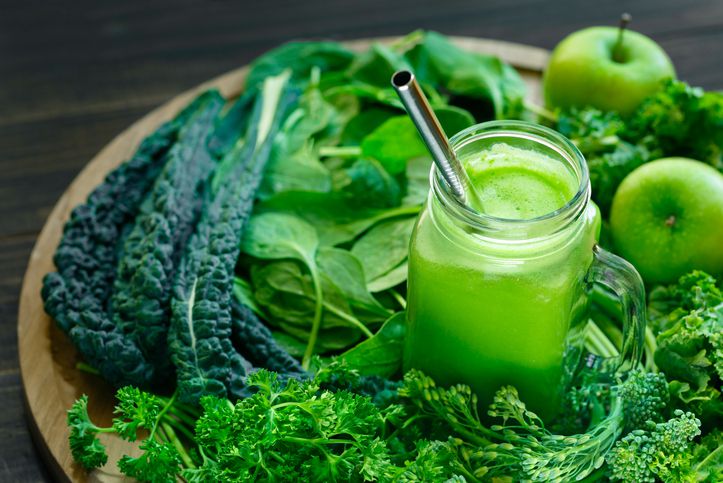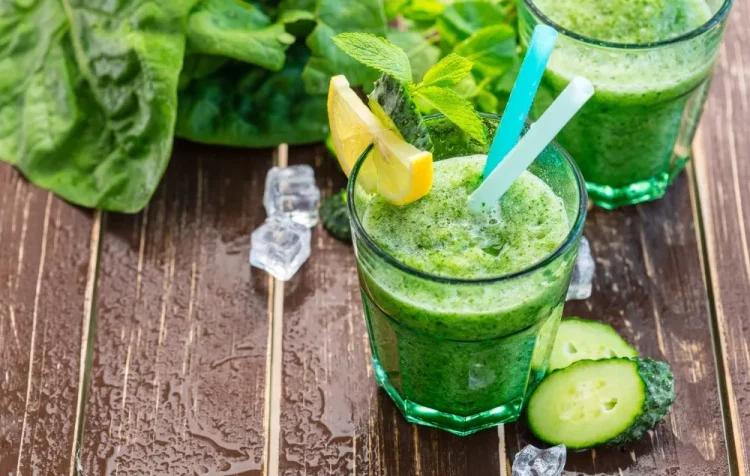In the rapidly evolving world of wellness trends, chlorophyll water has emerged as a popular choice among health enthusiasts. This emerald-green beverage claims to offer benefits ranging from improved skin health to detoxification and increased energy. But as with many health fads, it raises an essential question: Is chlorophyll water truly effective, or is it just another wellness scam? Let’s dive deep into the science, history, benefits, potential drawbacks, and expert opinions to uncover the truth.
What Is Chlorophyll Water?
Chlorophyll water is essentially water infused with chlorophyll, the green pigment responsible for photosynthesis in plants. The chlorophyll used in these beverages is often derived from plants like alfalfa or mulberry leaves and is typically a semi-synthetic derivative known as chlorophyllin. Chlorophyllin is water-soluble, making it easier to mix with water and for the body to absorb compared to natural chlorophyll.
Manufacturers of chlorophyll water tout a variety of benefits, claiming it can purify blood, detoxify the body, aid in weight loss, improve skin clarity, and even fight bad breath. But do these claims hold water, or are they exaggerated marketing tactics?
The Science Behind Chlorophyll
Natural Chlorophyll vs. Chlorophyllin
Natural chlorophyll is fat-soluble and less stable than chlorophyllin, which is why most chlorophyll water products contain the latter. Chlorophyllin is created by replacing the magnesium ion at the center of the chlorophyll molecule with copper, which increases its stability and bioavailability.
How It Works in the Body
When consumed, chlorophyllin is absorbed into the bloodstream and tissues. Proponents claim it acts as an antioxidant, neutralizing free radicals, and as a detoxifier, binding to toxins and heavy metals to remove them from the body. However, the extent of these effects remains a topic of scientific debate.
Potential Benefits of Chlorophyll Water
1. Skin Health
Chlorophyll is believed to help improve skin clarity by reducing inflammation and bacterial growth. Some studies have shown that topical chlorophyllin can improve acne and reduce the appearance of fine lines and pores. However, the evidence for oral consumption leading to these benefits is limited.
2. Detoxification
Supporters argue that chlorophyllin’s ability to bind to toxins helps cleanse the body. A 2013 study suggested that chlorophyllin may reduce aflatoxin levels, a known carcinogen, in the body. While promising, these findings primarily relate to specific toxins rather than a broad “detox” effect.
3. Improved Digestion and Odor Control
Chlorophyll has been used historically as a natural deodorizer for both body odor and bad breath. Some research supports these claims, but the studies are small and often outdated. Anecdotally, users report improved digestion and reduced bloating when drinking chlorophyll water.
4. Energy Boost
Proponents claim chlorophyll water can increase energy levels due to its supposed oxygenating properties. However, this is largely anecdotal, with no strong scientific evidence to support the notion that chlorophyll significantly boosts oxygenation in the body.
5. Weight Management
Some small studies suggest that chlorophyllin might help with appetite suppression and weight management by reducing cravings. However, the research in this area is sparse and requires further validation.
The Limitations and Risks
While chlorophyll water is generally considered safe, it’s essential to acknowledge its limitations and potential risks:
1. Lack of Robust Scientific Evidence
Many of the claims about chlorophyll water are based on preliminary studies or extrapolated from research on topical chlorophyll. There’s a significant gap in large-scale, peer-reviewed research validating its internal benefits.
2. Digestive Side Effects
Some users report mild digestive issues such as diarrhea, nausea, or green-colored stools after consuming chlorophyll water. These effects are typically harmless but can be unpleasant.
3. Overhyped Claims
Terms like “detoxification” and “purification” are often used in marketing without clear scientific definitions. The human body naturally detoxifies through organs like the liver and kidneys, rendering many detox products unnecessary.
4. Cost vs. Benefit
Chlorophyll water products can be expensive, with prices significantly higher than plain water or even other nutrient-enhanced drinks. Considering the limited evidence of its effectiveness, the cost may not be justified for everyone.

The History and Popularity of Chlorophyll Water
Chlorophyll’s use as a health supplement isn’t new. In the mid-20th century, chlorophyll gained popularity as a natural remedy for various ailments, from bad breath to wound healing. The recent resurgence in interest is driven by influencers and wellness brands on social media platforms like Instagram and TikTok, where aesthetic green drinks are showcased as part of a healthy lifestyle.
Celebrities and influencers often amplify the trend by sharing their personal experiences, making chlorophyll water appear as a must-have wellness product. However, such endorsements should be taken with caution, as they are not substitutes for scientific evidence.
What Experts Say
Proponents
Some nutritionists and health experts support the use of chlorophyll water, emphasizing its potential antioxidant properties and ability to promote hydration. They view it as a low-risk supplement that could have minor benefits when paired with a balanced diet.
Skeptics
Other experts argue that the benefits of chlorophyll water are overstated. They stress that eating green, leafy vegetables provides natural chlorophyll along with fiber, vitamins, and minerals, offering a more comprehensive health benefit than chlorophyll water alone.
Practical Considerations for Consumers
If you’re considering trying chlorophyll water, here are some tips to keep in mind:
1. Check the Ingredients
Ensure the product you’re purchasing is free from added sugars, artificial colors, and other unnecessary additives.
2. Start with a Low Dose
If you’re new to chlorophyll water, start with a small amount to assess how your body reacts.
3. Consult a Healthcare Professional
If you have underlying health conditions or are pregnant, consult a doctor before adding chlorophyll supplements to your diet.
4. Supplement, Don’t Substitute
Remember that chlorophyll water is a supplement, not a replacement for healthy eating or medical treatments.
Conclusion: A Wellness Game-Changer or a Passing Fad?
The effectiveness of chlorophyll water remains inconclusive. While it’s not a miracle cure or a replacement for a healthy lifestyle, it’s also not harmful for most people when consumed in moderation. Those who enjoy its potential benefits—whether physical or psychological—may find it a worthwhile addition to their routine.
For skeptics, focusing on eating a diet rich in natural greens like spinach, kale, and broccoli may offer similar, if not superior, benefits without the added cost. As with any wellness trend, it’s crucial to approach chlorophyll water with a critical eye and prioritize evidence-based health practices.












































